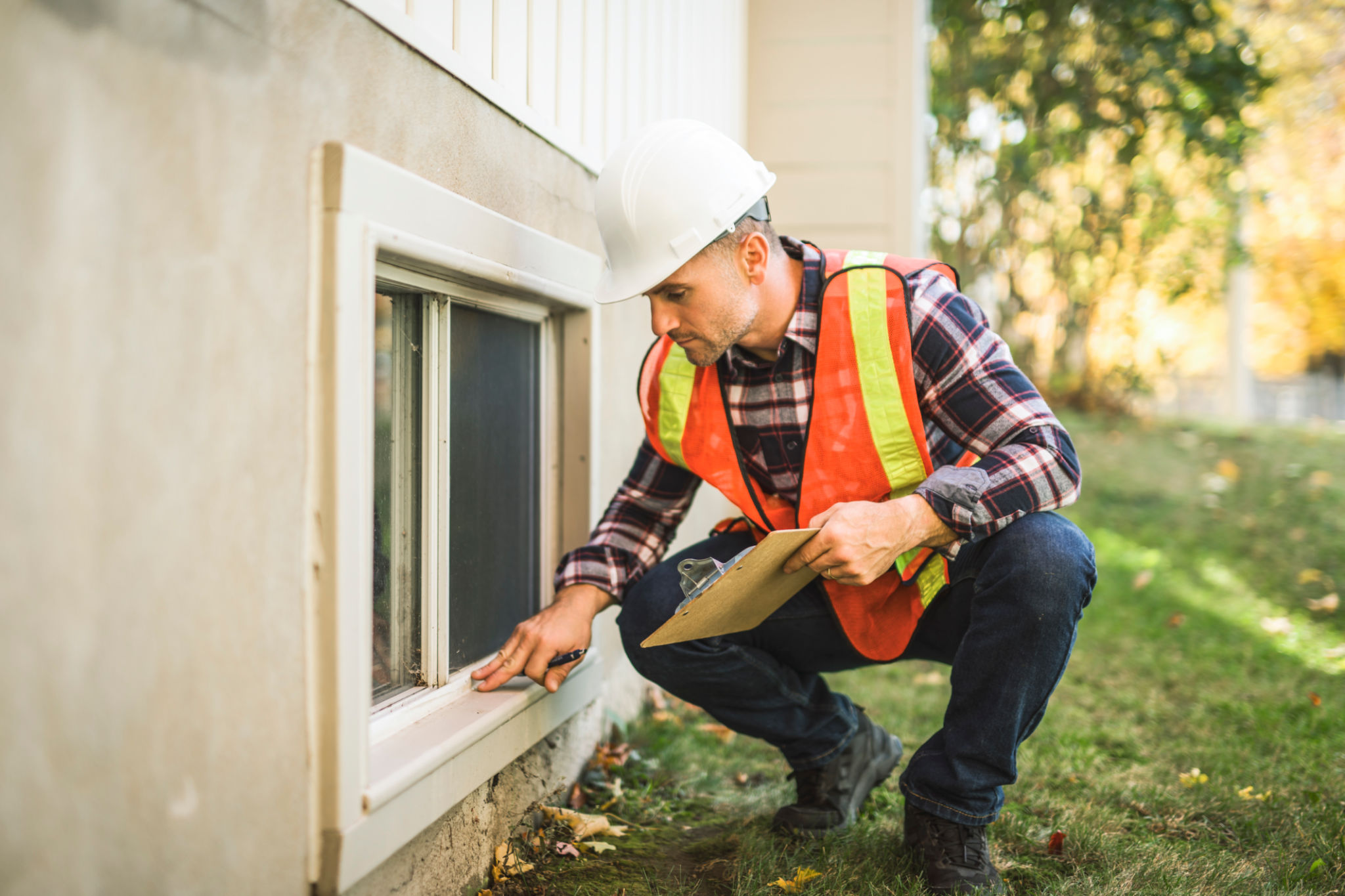DIY Home Inspection Tips Before Calling the Experts
Why Perform a DIY Home Inspection?
Before reaching out to the professionals, conducting your own home inspection can save you time and money. By identifying potential issues early on, you can prevent small problems from becoming major repairs. Additionally, it gives you a better understanding of your home's current condition.
A DIY inspection allows you to address issues that can be handled with simple fixes, leaving more complex problems for the experts. This proactive approach ensures your home remains safe and well-maintained.

Exterior Inspection
Roof and Gutters
Start by examining your roof for missing or damaged shingles, as these can lead to leaks and water damage. Also, check the gutters for clogs and ensure they are securely attached. Clean gutters are essential for proper drainage and preventing water damage.
Foundation and Walls
Inspect the foundation for any visible cracks, which may indicate structural issues. Walk around the perimeter of your home and look for signs of water pooling near the foundation, as this can lead to erosion and damage. Additionally, examine exterior walls for peeling paint or signs of moisture.

Interior Inspection
Plumbing
Inspect all faucets, pipes, and fixtures for leaks or corrosion. Check under sinks and around toilets for moisture or water stains that could suggest a hidden leak. Don't forget to test water pressure in all faucets and showers to ensure it's consistent throughout the home.
Electrical Systems
Check all light switches and outlets to ensure they are functioning properly. Look for any exposed wiring or signs of wear and tear. If you notice flickering lights or frequently tripped breakers, it might be time to consult an electrician for a more thorough evaluation.

Heating and Cooling Systems
Ensure your HVAC system is in good working order by inspecting filters, vents, and ductwork. Replace dirty filters to improve air quality and efficiency. Listen for unusual noises when the system is running, as these could indicate a problem needing professional attention.
Insulation and Ventilation
Check attic insulation to ensure it's evenly distributed and sufficient for your climate. Proper insulation helps maintain a comfortable indoor temperature and reduces energy costs. Also, ensure that vents are clear of obstructions for effective airflow throughout your home.

When to Call the Experts
While a DIY inspection is valuable, certain issues require professional expertise. If you encounter structural problems, extensive water damage, or suspect mold growth, it's crucial to call in the experts. They have the tools and experience to address these serious concerns safely and effectively.
Remember, regular home inspections not only protect your investment but also ensure the safety and comfort of your living environment. By performing routine checks and addressing minor issues promptly, you'll keep your home in excellent condition for years to come.